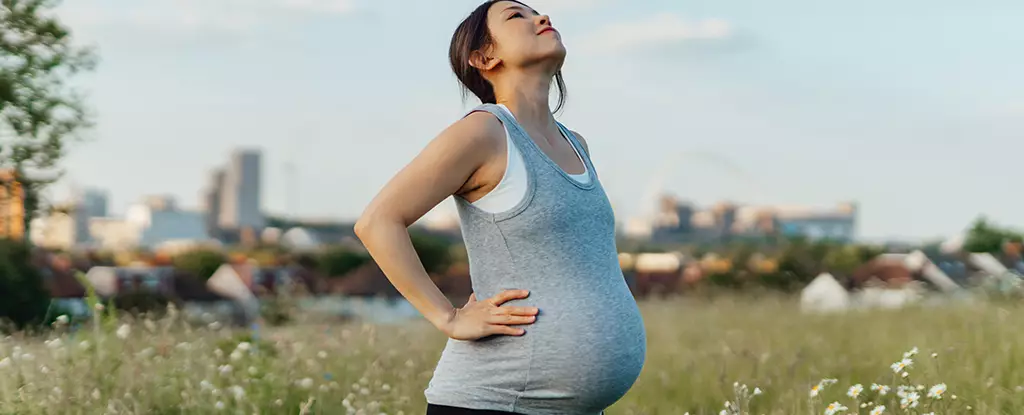The study conducted by researchers from Yale University sheds light on the impact of pregnancy on biological aging. The research focused on DNA and molecular edits accumulated over time, also known as biological aging. The findings suggest that pregnancy exerts a significant toll on a mother’s cells, similar to the effects of surgery or major illness, causing aging at a cellular level.
Despite the stress that pregnancy puts on the body, there is hope for mothers. The study revealed that biological aging can be reversed, with some women experiencing a rejuvenating effect postpartum. This reversal of biological aging was particularly noticeable in breastfeeding mothers, with their cells showing a younger biological age than before pregnancy.
Epigenetic changes play a crucial role in understanding biological aging. These changes can be passed down to future generations and serve as a clock for senescence. The study found that mothers’ cells accumulate approximately 2.5 years of epigenetic edits during 18 weeks of gestation, from early to late pregnancy. Interestingly, weight gain during pregnancy did not contribute to epigenetic changes, but a mother’s BMI before pregnancy was linked to increased cell aging during pregnancy.
Postpartum Recovery Effect
The research suggests that the body undergoes a significant decrease in biological age after childbirth, with the mother’s cells aging at a rate three times slower than during pregnancy. This postpartum recovery effect highlights the resilience of the human body to bounce back from the physiological changes brought about by pregnancy.
While the study provides valuable insights into the impact of pregnancy on biological aging, there are still many unanswered questions. Researchers, led by Kieran O’Donnell, emphasize the need for further investigations to understand the long-term health outcomes of postpartum recovery. It remains unclear whether these effects accumulate over successive pregnancies or if pregnancy has a rejuvenating effect on the body.
The study from Yale University opens new avenues for research into the complex interaction between pregnancy and biological aging. While the toll of pregnancy on the body is significant, the findings offer hope for mothers, showing that biological aging can be reversed postpartum. By unraveling the mechanisms behind these effects, we can better understand the profound changes that come with motherhood and potentially unlock new ways to promote maternal health and well-being.


Leave a Reply